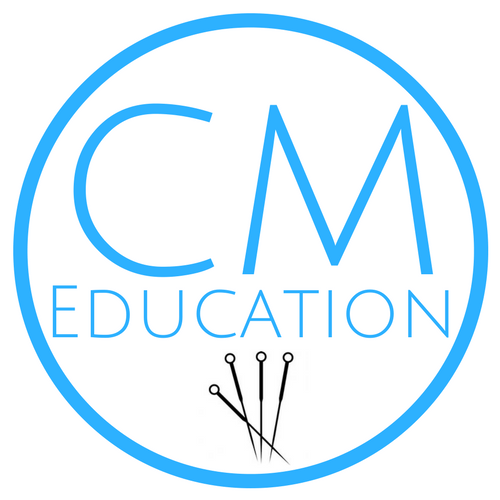Principles of TCM with Tony Reid
How to Enhance Your Diagnostic Skills for Successful Practice
(Please note: This course is in 3 Modules. Each is sold separately & you can see the other modules below on this page. This is the purchase page for Module 1, but has information on the entire course.)
This step-by-step self-study course is suitable for healthcare professionals, especially:
- New graduates of TCM who wish to deepen their knowledge
- Acupuncturists who wish to expand their TCM treatments
- Beginner, specifically practitioners of non-TCM modalities
Each chapter has multiple choice questions to consolidate your learning.
Table of Contents
Module One: Foundations (this module)
- Preface
- How to Approach This Course
- Introduction: Historical Background
- Chapter 1: The Fundamental Concept: Qi
- Chapter 2: Yin-Yang Theory: The Principle of Complementary Opposites
- Chapter 3: The Five Elements (wu xing): the Divisions of Cyclic Change
- Chapter 4: The Internal Organs (zang-fu)
- Chapter 5: The Basic Physiological Substances (ji ben wu zhi)
Module Two: Etiology & Diagnostic Methods
- Chapter 6: Etiology (bing yin) – Part 1:
- The Six Endogenous Pathogens (liu yin)
- The Five Endogenous Pathogens (wu xie)
- Chapter 7: Etiology (bing yin) – Part 2:
- Emotional Factors
- Diet, Work & Rest
- Pathogens derived from Qi, Blood and Body Fluids
- Pathogenesis (bing ji)
- Chapter 8: The Eight Principles (ba gang)
- Chapter 9: Diagnostic Methods (zhen fa) – Part 1: Inspection and Case History Taking
Module Three: Pattern Differentiation & Treatment Methods
- Chapter 10: Diagnostic Methods (zhen fa) – Part 2: Examination of the Tongue
- Chapter 11: Diagnostic Methods (zhen fa) – Part 3: Examination of the Radial Pulse
- Chapter 12: Syndrome Differentiation (bian zheng) – Part 1: The Qi; Blood; body Fluids
- Chapter 13: Syndrome Differentiation (bian zheng) – Part 2: Liver; Heart
- Chapter 14: Syndrome Differentiation (bian zheng) – Part 3: Spleen; Lung
- Chapter 15: Syndrome Differentiation (bian zheng) – Part 4: Kidney; Dual Organ Syndromes
- Chapter 16: Syndrome Differentiation (bian zheng) – Part 5: The Fu Organs
- Chapter 17: Treatment Principles (zhi liao fa ze)
- Chapter 18: Classification of Herbal Formulas
- Appendix 1:
- Syndromes of the Six Channels: Shang Han Theory (Cold-induced diseases)
- Syndromes of the Four Aspects: Wen Bing theory (Warm diseases)
- Appendix 2:
- The Four Great Schools of TCM in the Jin-Yuan dynastic period
- Appendix 3:
- Glossary of TCM Terminology
- TCM Theories and Concepts
- Diagnosis
- Treatment
Extras*
- Bibliography, online sources & recommended texts for advanced exploration)
*”Extras” are included with all 3 modules
Details
This course is unfortunately no longer available for purchase

I would like to know approximately how long the 3 modules take to complete?
I need to provide my licensing body (CTCMPAO) with an hourly length to receive approval to take this program.
Thank you,
Warmly,
Luna
Hi Luna,
Thank you very much for your message. As it’s a self study course (not an actual video/webinar) it’s hard to give an exact start and end date, however Tony estimates it will take 10.5 hours as he’s allocated 10.5 CPD points towards it (general rule is 1 CPD points per hour).
There are quizzes/review that go with each chapter that are done online and you get a certificate of completion.
If there is anything at all we can help with please do not hesitate to get in touch.
Kind Regards,
Sammy